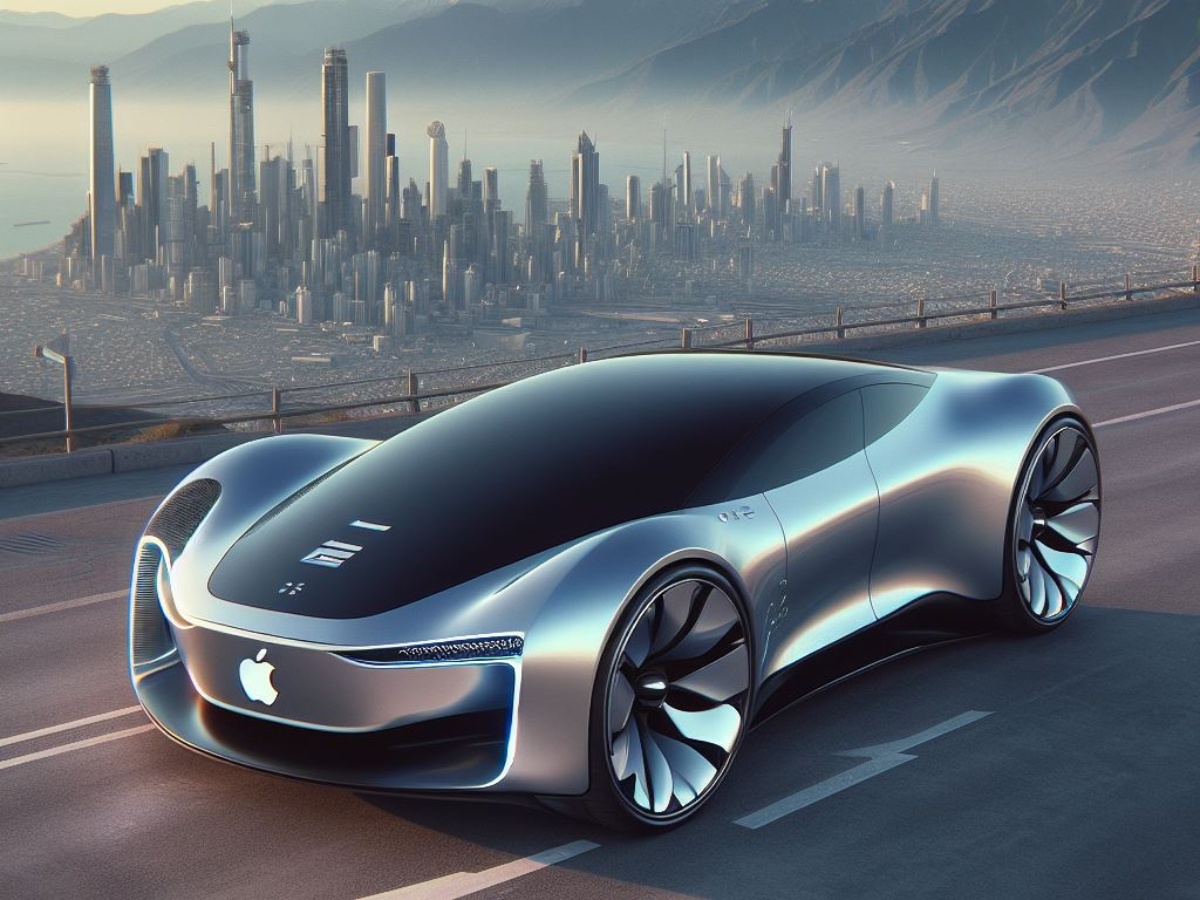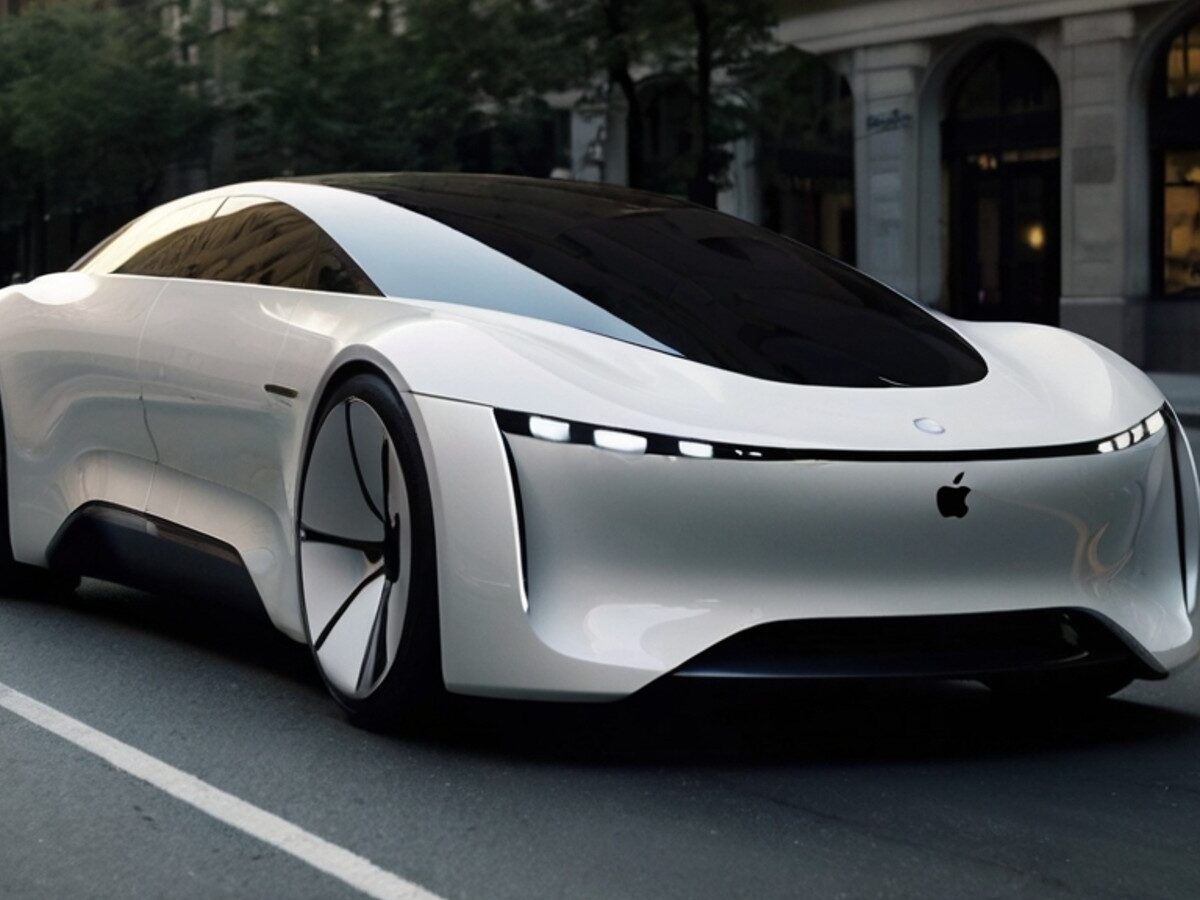Apple’s exploration into the realm of automotive technology began around 2014. The project, known as “Project Titan,” initially aimed at developing an electric vehicle. However, over the years, the focus has shifted multiple times, including considerations for autonomous driving technology. While Apple has been quite secretive about its developments, there were reports of hiring automotive engineers and testing vehicles on public roads. The technological world’s response to Apple’s rumored entry into the automotive industry was a mixture of excitement, curiosity, and speculation. Apple’s reputation for innovation and design excellence, coupled with its massive consumer base, meant that any move into the automotive sector was bound to attract significant attention. Many industry analysts and enthusiasts speculated on what an “Apple Car” might entail, considering potential features such as advanced autonomous driving capabilities, seamless integration with other Apple devices and services, and a focus on user experience and design. Competitors in the automotive and tech sectors closely monitored Apple’s moves, recognizing the potential disruption such a product could bring to the market. However, there were also skeptics who questioned whether Apple could successfully navigate the challenges of the automotive industry, which include manufacturing, regulation, and competition from established automakers and tech companies like tesla and ford already working on electric and autonomous vehicles.
Apple’s Project Titan underwent significant development, including the testing of autonomous vehicle technology and the exploration of partnerships with established automotive manufacturers. Apple likely made advancements in autonomous vehicle technology, including sensor technology, machine learning algorithms, and software systems for navigation and decision-making. Given the global push towards electric vehicles (EVs), Apple may have developed breakthroughs in battery technology, energy management systems, and charging infrastructure. Improvements in these areas would be crucial for enhancing the performance, range, and sustainability of electric vehicles. Apple is renowned for its focus on user experience and seamless integration across its products and services. Breakthroughs in Project Titan may have involved developing innovative interfaces, connectivity features, and in-car entertainment systems that provide a unique and cohesive user experience for drivers and passengers. Building a car requires intricate coordination of manufacturing processes, supply chain management, and quality control. Apple may have achieved breakthroughs in optimizing manufacturing efficiency, reducing costs, and ensuring product quality through innovative production techniques and partnerships with manufacturers and suppliers. Ensuring the safety and security of autonomous vehicles is paramount. Breakthroughs in Project Titan may have involved developing advanced safety systems, cybersecurity measures, and fail-safe mechanisms to mitigate risks and ensure the reliability and trustworthiness of autonomous driving technology.

However, Apple’s Project Titan faced several controversies and challenges throughout its development: Project Titan experienced multiple leadership changes, including the departure of key executives and engineers. These changes raised questions about the project’s direction and contributed to speculation about internal challenges within Apple’s automotive division. Apple faced lawsuits related to Project Titan, including accusations of poaching employees from rival companies and stealing trade secrets. These legal disputes underscored the competitive nature of the autonomous vehicle industry and the potential for conflicts between tech giants and established automakers. There have been reports of accidents involving vehicles used for testing autonomous technology, including incidents where Apple’s test vehicles were rear-ended by other vehicles. While these incidents did not result in serious injuries, they raised concerns about the safety and reliability of autonomous driving technology. As with other tech companies involved in autonomous vehicles, Apple faced scrutiny over privacy and data security concerns. The collection and use of data from sensors and cameras in autonomous vehicles raised questions about consumer privacy and the potential for misuse or unauthorized access to sensitive information. The secretive nature of Project Titan and Apple’s reluctance to provide details about its plans led to speculation and uncertainty about the project’s status and timeline. Delays in development and shifting priorities fueled speculation about whether Apple will ultimately release a consumer vehicle or focus solely on autonomous driving software. Apple officially cancelled Project Titan in February 2024 after 10 years of development [techcrunch.com].
The cancellation of Apple’s car project, Titan, has several potential implications for the tech world:
For Apple:
• Strategic shift: It signals Apple’s focus on areas with a clearer path to success, potentially reallocating resources to AI development, a field they see as more promising.
• Innovation perception: Some may view it as a dent in Apple’s reputation for groundbreaking innovation, having invested heavily with no tangible product.
For the EV industry:
• Reassessment by competitors: Other companies developing electric vehicles might re-evaluate their strategies based on Apple’s exit, potentially impacting the market landscape.
• Focus on existing players: It might solidify the position of established EV manufacturers like Tesla.
For autonomous vehicle development:
• Uncertainty about Apple’s future involvement: While the project is shelved, it’s unclear if Apple will completely abandon the self-driving car concept.
• Continued development elsewhere: Other companies and research institutions will likely continue pushing the boundaries of autonomous driving technology.
Overall impact:
• Focus on near-term solutions: The cancellation might indicate a shift towards more commercially viable driver-assistance features in the near future, rather than fully autonomous vehicles.
• Importance of AI: Apple’s focus on AI suggests they see it playing a crucial role in future transportation advancements.

RESEARCH ASSOCIATE



